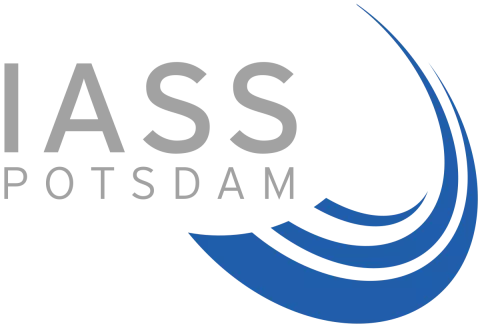
Note: Date is based on Central European Summer Time
About
EU-Russia energy relations are currently dominated by trade in oil and gas. Russia is the EU’s largest supplier of hydrocarbons, while the EU represents its largest export market. As the EU continues to decarbonize its energy sector, imports of fossil oil and gas are expected to decrease over the coming decades. This development does not necessarily mean that the EU will no longer be dependent on energy imports, however. Rather, it is likely that the EU, led by a number of ambitious member states, will transition to the import of renewable energy and possibly decarbonized natural gas.
With its low population density and vast land resources, Russia is theoretically well placed to become a major renewable energy exporter to the EU. Existing options for this include biogas and renewable electricity. With the launch of hydrogen strategies in Germany and at the EU level, renewable or “green” hydrogen has emerged as a further important option. Germany and the EU have identified hydrogen as a key to decarbonizing industrial processes in important sectors, including steel and chemical production. So-called blue hydrogen, produced by removing and storing the CO2 from natural gas, represents a second, albeit more controversial, low-carbon option. Hydrogen produced from natural gas by means of methane pyrolysis (turquoise hydrogen) could be a third option, although it remains at a lower level of technological maturity. Regardless of how hydrogen is produced, it might benefit from existing gas infrastructure. Given the high cost of alternative forms of transportation, this could be a major advantage for Russia.
Discussion
This digital roundtable will bring together stakeholders and experts from the EU and Russia to explore opportunities and challenges for Russian hydrogen and other low-carbon energy exports to the EU (see attachment).
Contact:
Sonja Thielges (sonja.thielges@iass-potsdam.de)
Andrea Wiesholzer (wiesholzer@germanwatch.org)
Veranstaltungsort
Deutschland
